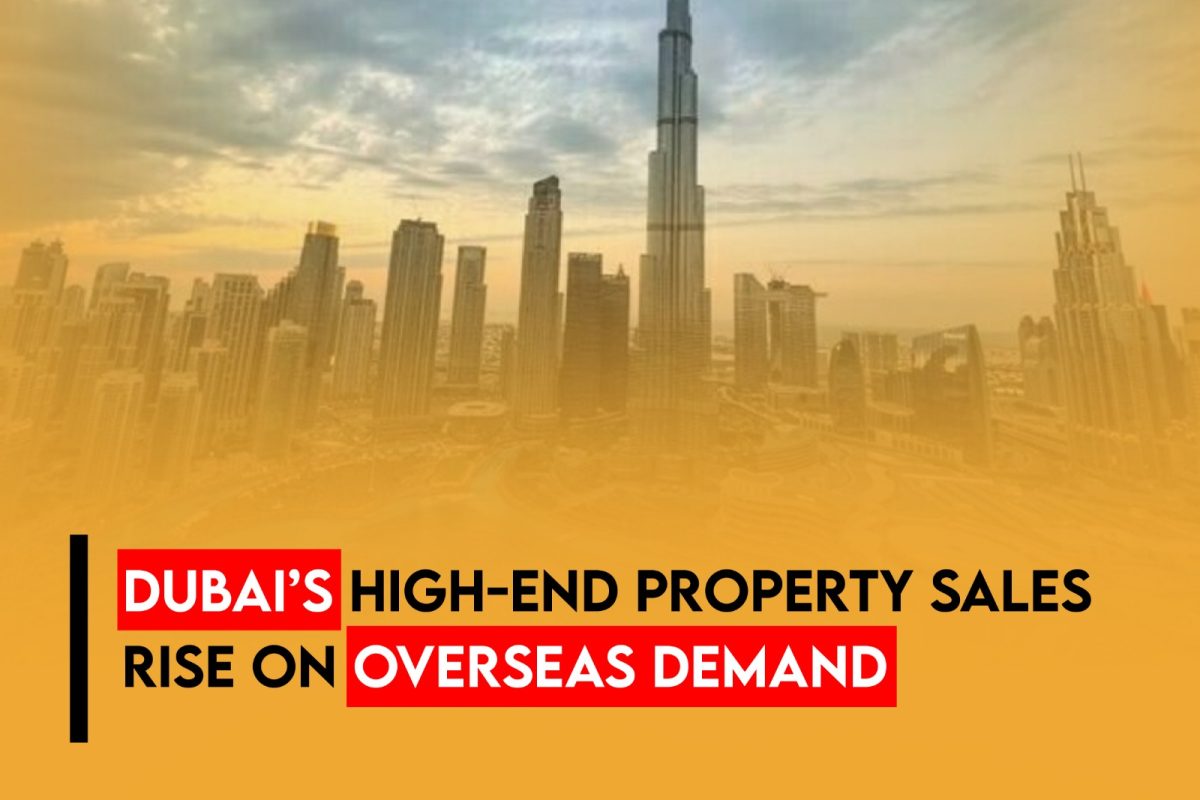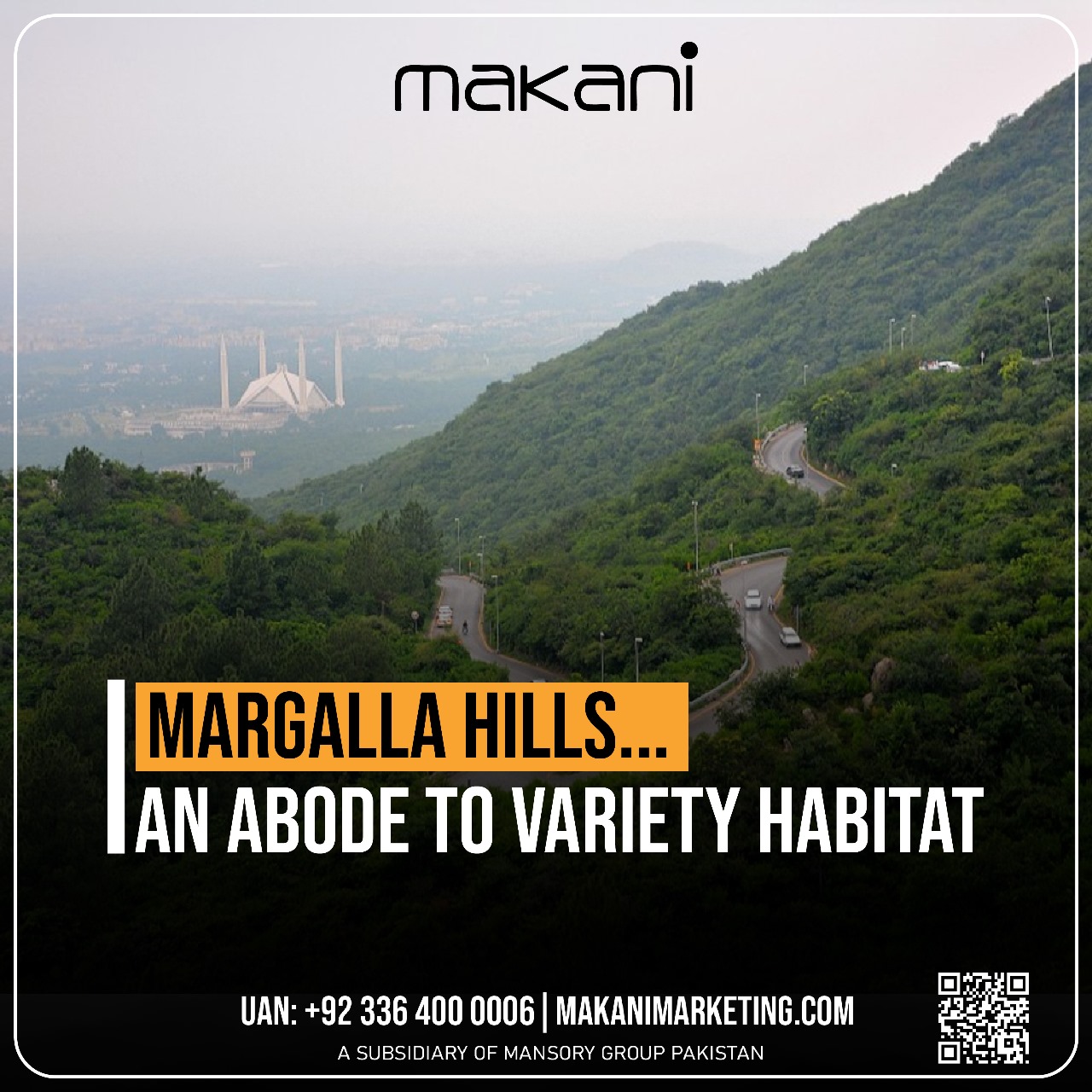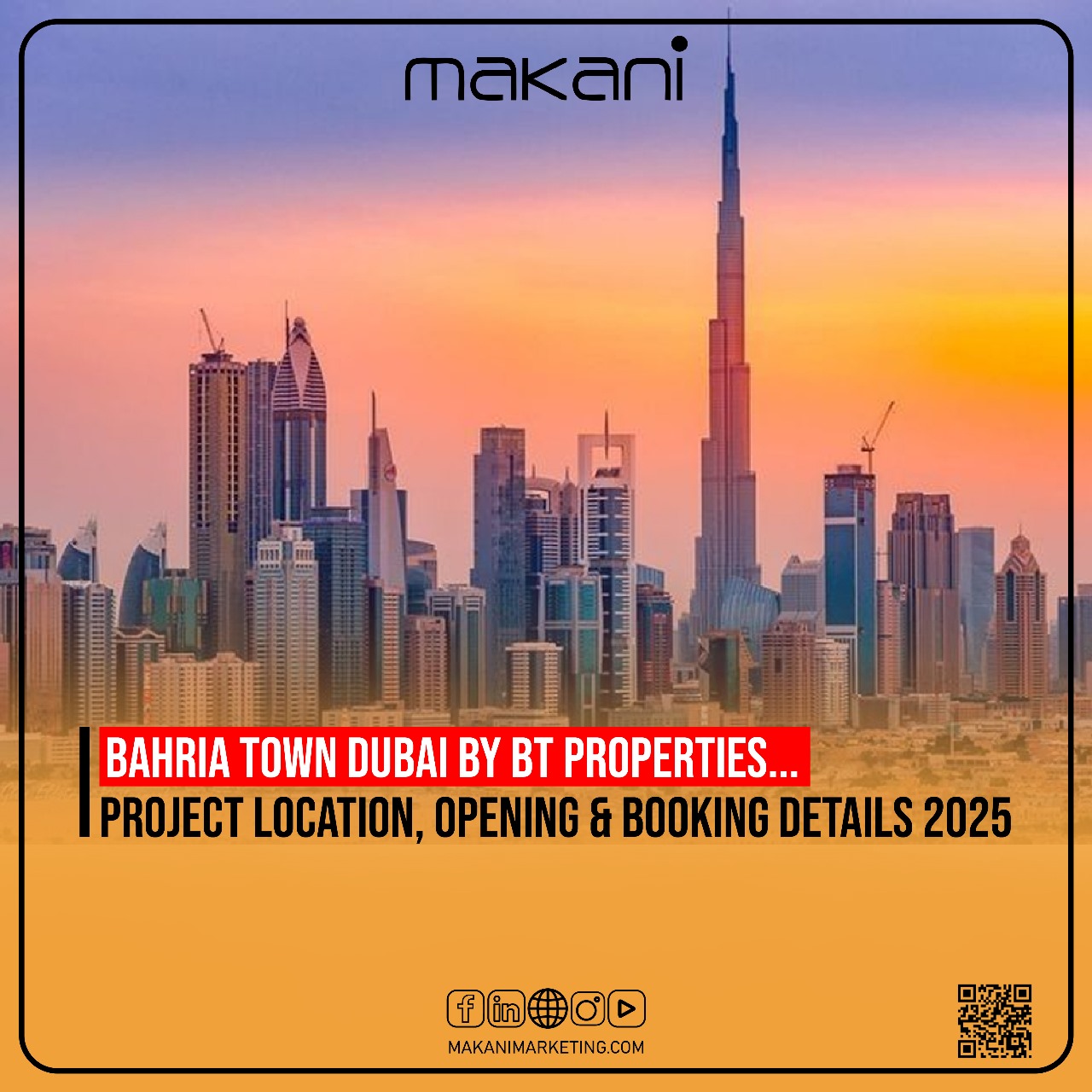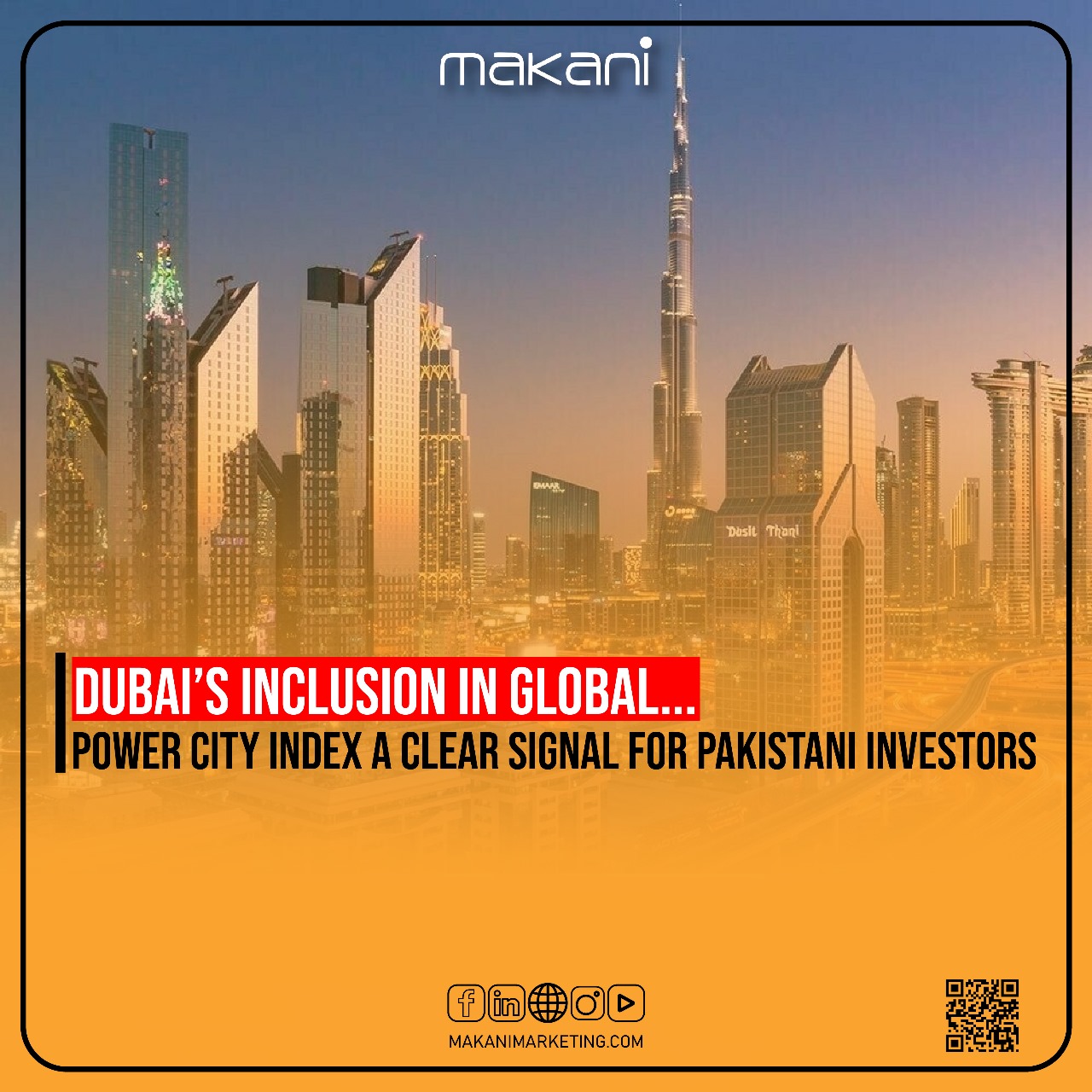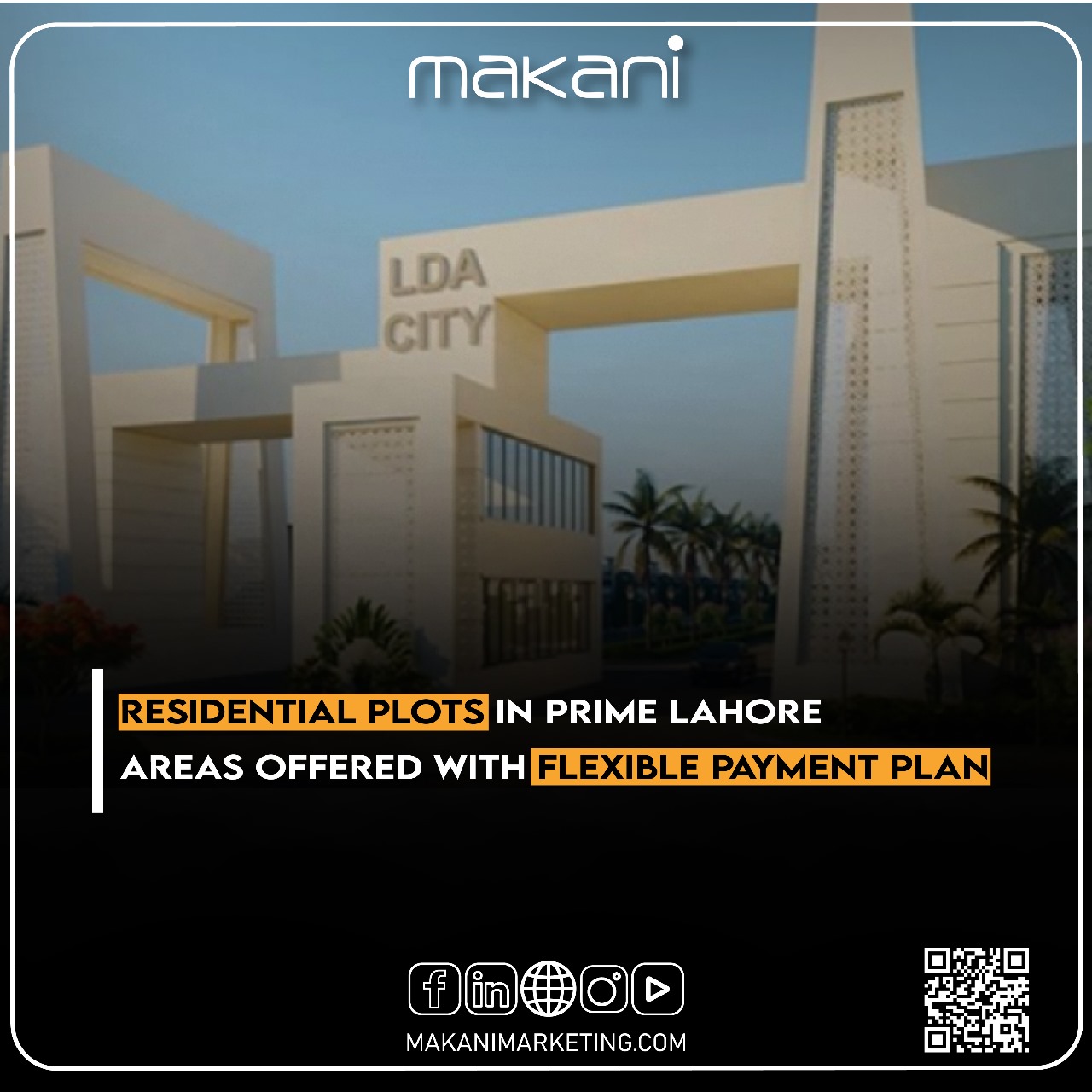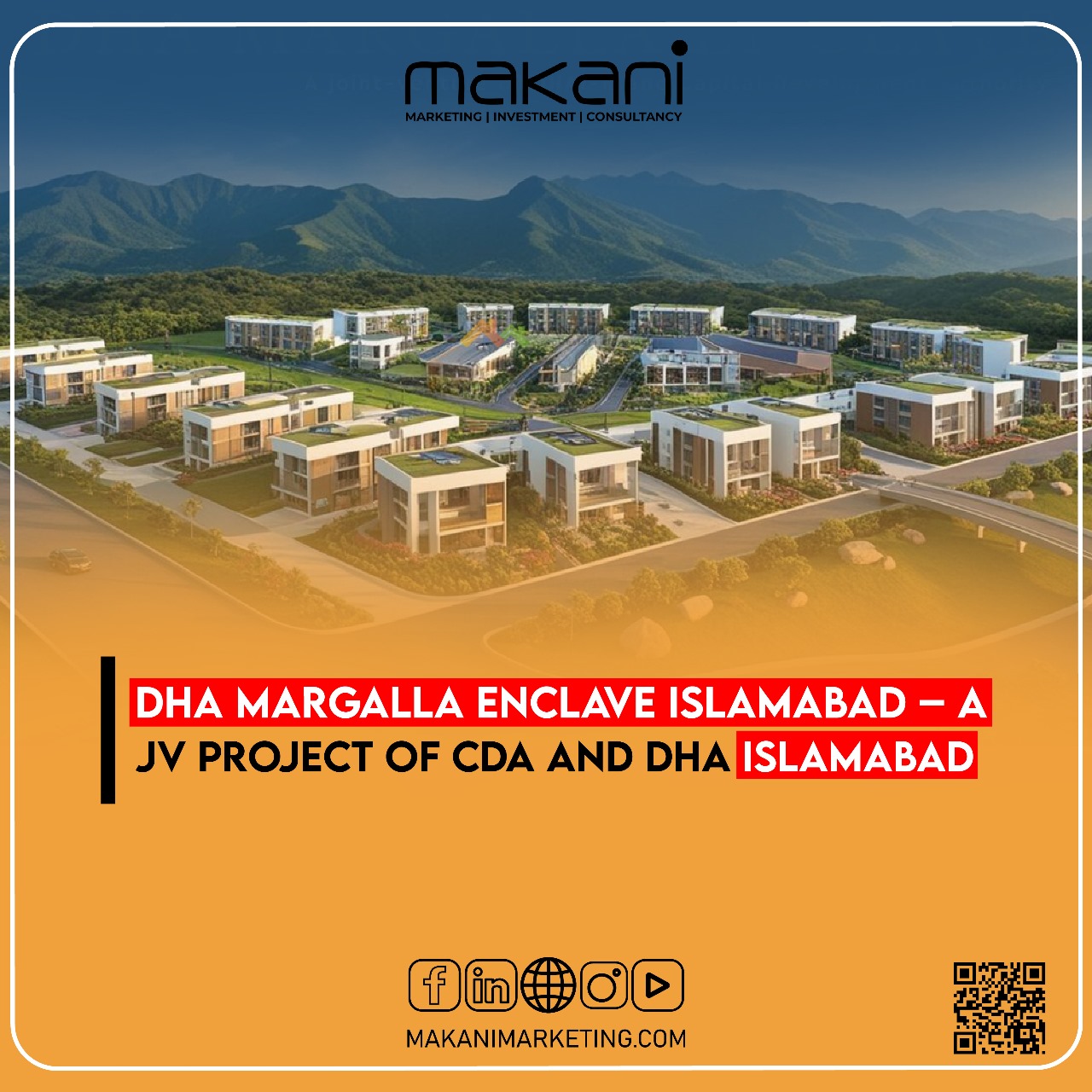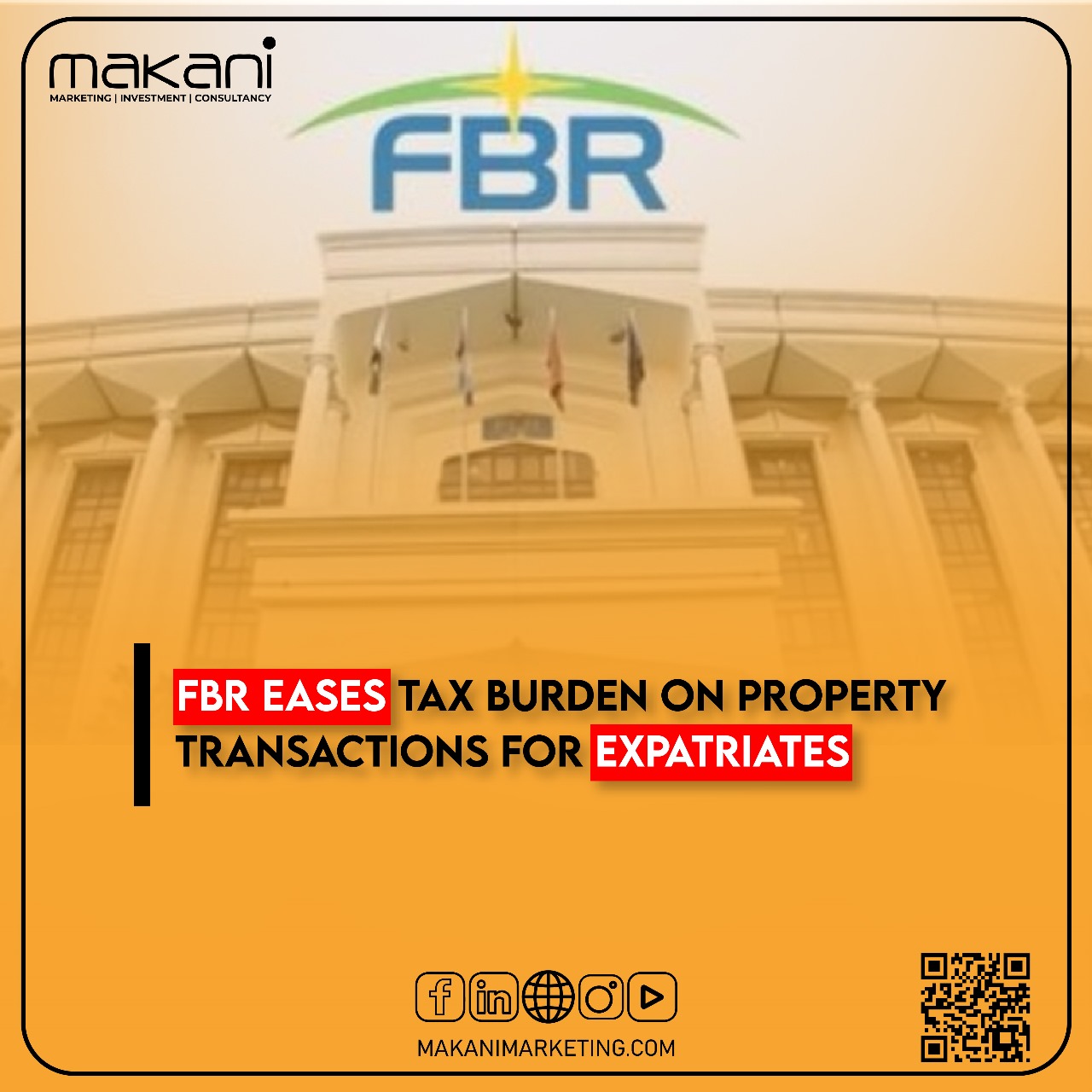Sales of luxury properties in Dubai, particularly those priced at $10 million or more, have seen a notable increase, with a 6% rise in the first quarter compared to the same period last year. According to a recent report from property consultancy Knight Frank, the demand for high-end homes in the emirate from the ultra-wealthy continues to show resilience, reflecting Dubai’s appeal as a prime location for international investors.
During the first quarter, 105 homes were sold, totaling a value of $1.73 billion, up from $1.6 billion in the same period the previous year. The market remains predominantly driven by cash buyers, underscoring the strong interest from wealthy individuals worldwide. The Palm Jumeirah, an iconic man-made island shaped like a palm tree, emerged as the top destination for luxury property buyers, accounting for 36.3% of the total sales value. Other sought-after areas include Jumeirah Bay Island and Dubai Hills Estate.
Also Read: The Dire Need for RERA Like Real Estate Regulatory Authority in Pakistan
Dubai, home to the world’s tallest building, continues to focus on expanding its economy through tourism, building a local financial hub, and attracting foreign capital, particularly in the real estate sector. Despite some concerns about a potential downturn in the property market, following a similar slump in 2008, the demand for high-end properties shows little sign of waning.
In 2023, Dubai led the world in sales of homes worth $10 million or more, outpacing London by nearly 80%. While many major global cities like London and New York experienced a decline in luxury property prices last year, Dubai bucked the trend, posting double-digit price increases, as reported by Knight Frank in February.
The strong demand for luxury homes in Dubai is driven largely by international high-net-worth individuals (HNWIs) looking for properties in the city’s premium market. Faisal Durrani, Knight Frank’s head of research for the Middle East and Africa, highlighted that Dubai’s relatively affordable luxury housing is a major draw. For $1 million, buyers can acquire around 980 square feet of residential space in Dubai, which is significantly more than what would be available in other global cities like New York, London, or Paris—often offering three to four times the space.
This growing interest in Dubai’s high-end real estate is reflective of a shift away from the previous trend of buying properties to quickly sell for profit. Instead, international investors seem to be acquiring Dubai properties primarily for use as second homes, signaling a more stable, long-term investment approach.
The resilience of the luxury property market in Dubai reflects the city’s continued attractiveness as a global business and investment hub. With its competitive prices, luxury amenities, and status as an international hotspot, Dubai is set to maintain its position as a leader in the global luxury real estate market.

